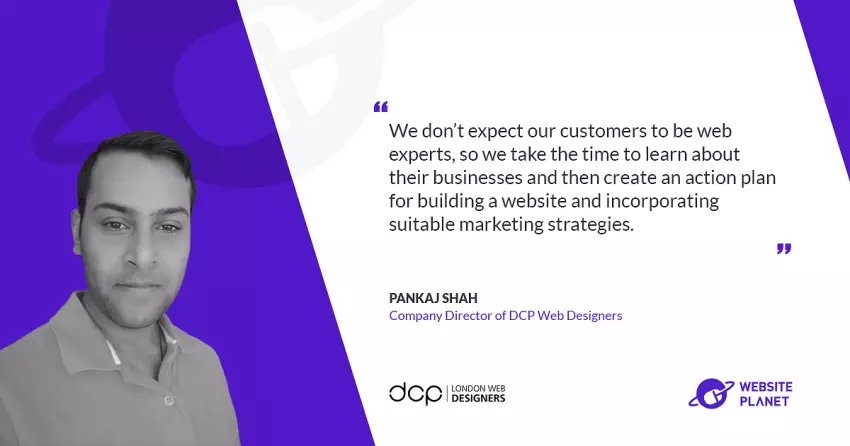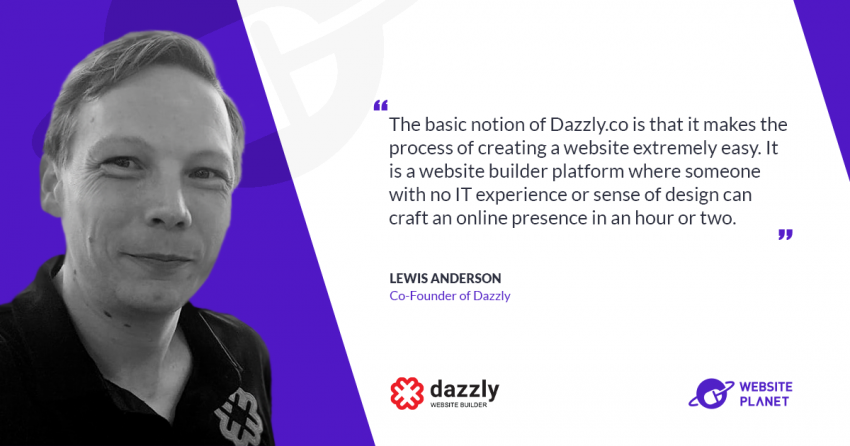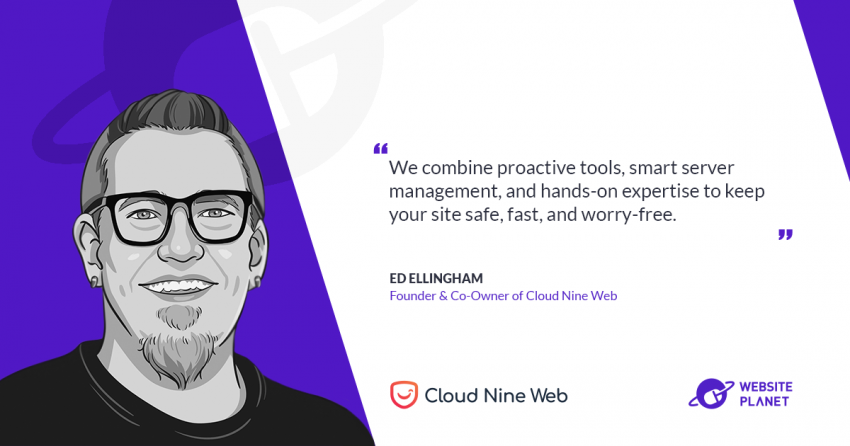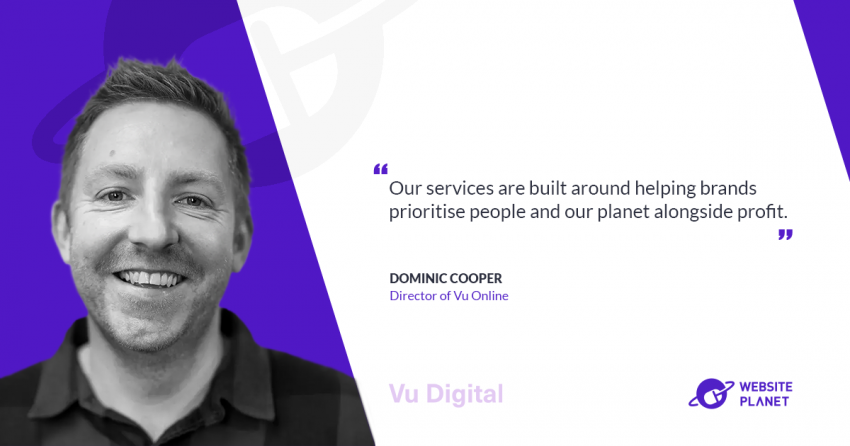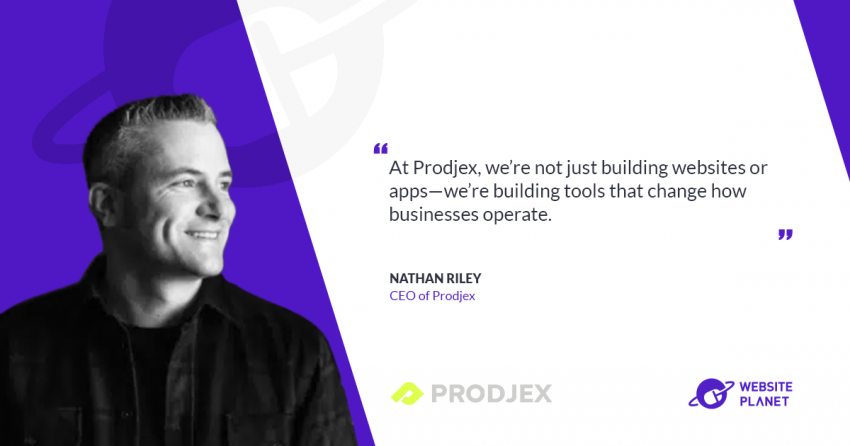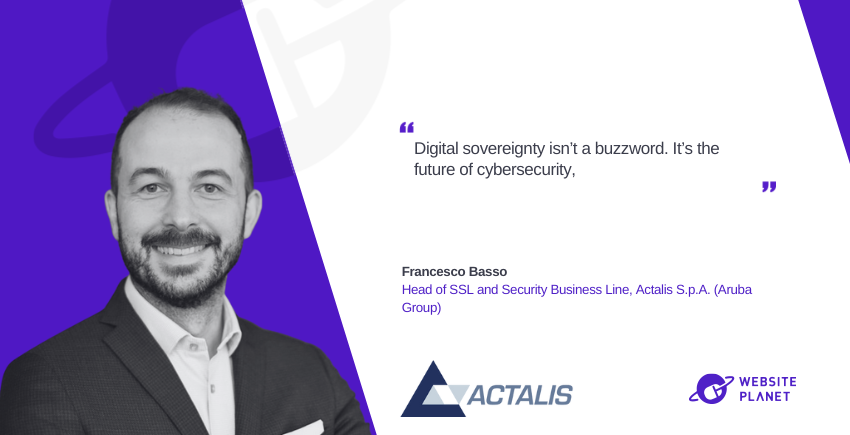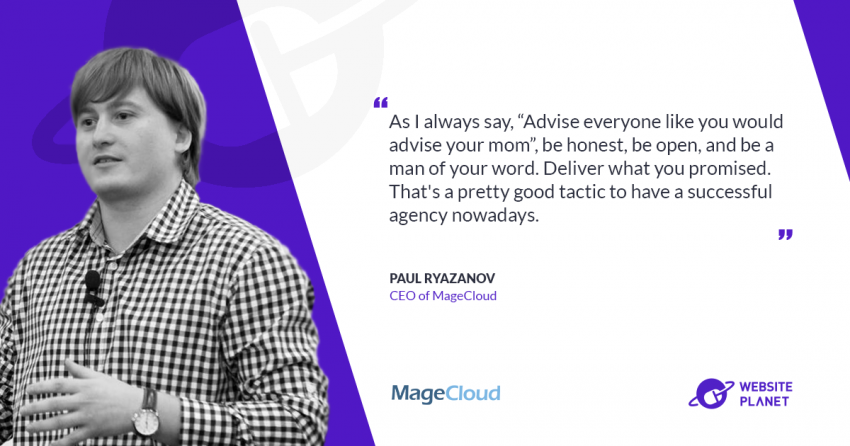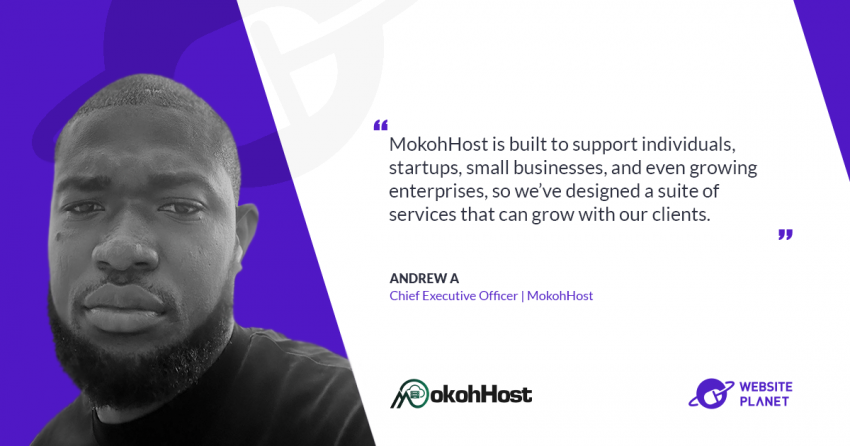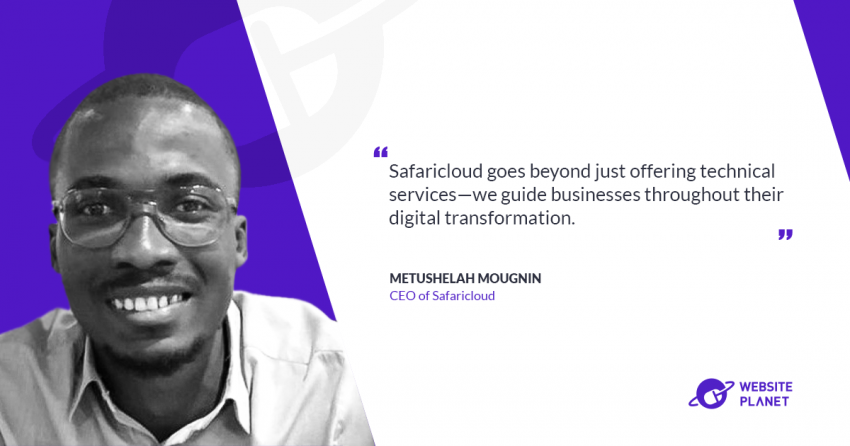There are many steps that a web designer company has to take between meeting a client and delivering the final product. We talked with Pankaj Shah, director of DCP Web Designers, to know more about that process and how he and his company proceed to deliver their best work. Check out the interview below.
When a company searches for your services, what are your first steps to find the right solution for them?
For me, it’s very much about understanding the customer’s business before we talk about cost or anything else. The key is to understand what the customer’s goals are. Fundamentally, it’s about having a conversation with the client to assure we are on the same page and understand what the objectives are. We don’t expect our customers to be web experts, so we take the time to learn about their businesses and then create an action plan for building a website and incorporating suitable marketing strategies.
What do you see as your differential compared to competitors?
I’m not trying to be the cheapest web developer; I am trying to do the job right. There are many web companies out there offering cheap web solutions. Not to say that I am the most expensive, but I’ve seen websites built previously for clients by other developers that have no marketing strategy.
If a business wants a new website or to rebuild a website, then it is important that a marketing strategy is created before starting web development work. We work directly with our clients and educate them on how to optimise their websites for better search engine visibility, this helps to drive more qualified traffic to their websites.
We are a team of three. I am mainly focused on project management, and we’ve got a dedicated web developer and a dedicated graphic designer. One of our USPs is that we’ve got our own custom software, which I believe has been around a little bit longer than WordPress. I’ve built my custom content management system that allows me to go and build bespoke projects for clients where something like WordPress would not be suitable.
So, you do not use WordPress?
We do use WordPress when building website solutions for smaller projects. But for projects like cybersecurity knowledge base website, you simply cannot build it using WordPress because it contains too many complexities. You could achieve it with many plugins but that’s not the way a project should be built if you need flexibility. We build it from scratch using our own platform, which allows us to speed up the development and gives us much more control. On WordPress, you typically rely on other developers, who’ve built themes and tools, which results in less flexibility.
The importance of having an online presence was made evident in the last two years. Did you notice an increase of customers’ interest in that period for your business?
Yes, but that goes hand in hand with marketing. We put a lot of time into search engine optimisation and content marketing. I’ve always held the personal belief of sharing knowledge.
How do you share knowledge in the most effective way on the internet?
For me, YouTube is one way of doing it, I’ve got over
750 tutorials on YouTube, I’ve had up to 10 million views, which means I’ve taught tech skills to 10 million people. That’s a nice way to share your knowledge and promote your business: someone else gets to learn something and you get to promote your business. I also monetize my YouTube channel to generate revenue, I then use the revenue to create more video content and optimised SEO content for
DCP Web Designers blog.
What do you perceive as the most common errors people make when creating and designing a website?
It’s not necessarily the business’ or the website’s owner’s fault, it’s down to the web developer to educate the customer as to what they should be doing and how they should approach a web project.
The first goal should be to understand the client’s target customers, we then research the best keyword phrases for content writing. We then help our clients to create structured content for their website pages that are optimised for specific keyword phrases, this results in a better long term SEO strategy to drive high quality traffic to their websites.
Monetizing the website or getting leads is the hardest task for small companies. How does DCP help with that?
We do fundamental things. When we start a project with customers, if they want to generate leads, there are different ways to approach that. If it’s a business that wants to target customers across the whole of the UK, we can look at Google Advertising, Facebook Advertising, or newsletters distribution, so we can get a lot of traffic on the website quickly to generate potential leads.
But it goes hand in hand with search engine optimization. Ultimately, our goal when we take a project is to get a website ranked in Google Search. If the website rank well in Google Search, all the traffic is organic, natural, and free. That type of traffic tends to convert well when a customer happens to find you when they do a key phrase search in Google.
What tips do you have for someone who has a small business and wants to create a website but does not know well where to start?
The first thing is: go to Google and try to think of what your customer is going to type into Google to find your business. You’ve got to think from the customer’s perspective. Then, look at all the competitors. Look at the top 10 competitors in your industry that already rank well. Type in some keyword permutations, depending on what type of product or service you are selling.
Log the keyword research information into a spreadsheet. You should really do some
fundamental learning about SEO before building a website. Go read up on websites like Moz, Ahrefs, Neil Patel and other pages sharing SEO knowledge, including DCP blog. Understand what your customer is searching for before you write page content, this will help you to write the correct type of content to attract the right type of customers.
Also, get yourself set up on social media, but only the platforms that you can spend time to manage. If you set up Facebook, Instagram, Twitter and YouTube but never really post content onto them, it’s probably not worth setting them up at all. Set up one or two to begin with and try to work with the social media networks to promote your services, products and web page content, post on them as often as possible, and then branch out to other networks when you feel comfortable and have the time to do that.
My third tip is to get yourself listed in Google My Business because that can potentially generate a lot of enquiries, especially if your found on Google Maps. Having a Google Map listing provides you with visibility to local customers.
Another tip would be to run a blog. It could be a blog, a portfolio or a news section, as long as you can post constant new information. If you post regularly, the search engine (Google) has a reason to come back and look at your website on a regular basis.
You can spend some time learning about onsite and offsite search engine optimisation, the main goal is to rank for keyword phrases that customers are searching to find the products or services you provide.
